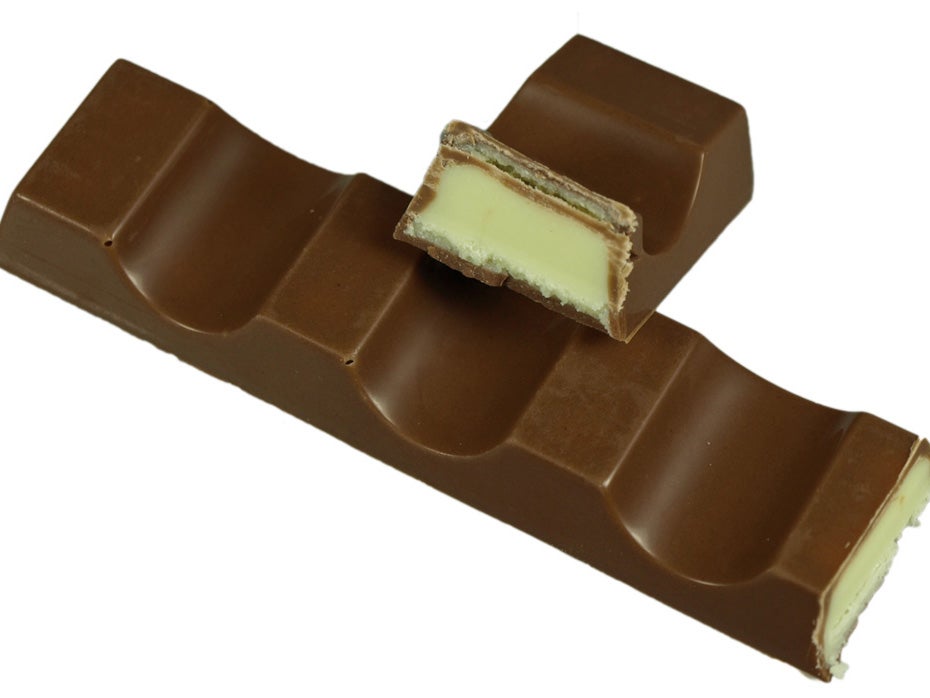Kinder defends itself after 'dangerous carcinogens' found in chocolate bars
Food watchdog claims Kinder refused when they asked them to withdraw products

Your support helps us to tell the story
From reproductive rights to climate change to Big Tech, The Independent is on the ground when the story is developing. Whether it's investigating the financials of Elon Musk's pro-Trump PAC or producing our latest documentary, 'The A Word', which shines a light on the American women fighting for reproductive rights, we know how important it is to parse out the facts from the messaging.
At such a critical moment in US history, we need reporters on the ground. Your donation allows us to keep sending journalists to speak to both sides of the story.
The Independent is trusted by Americans across the entire political spectrum. And unlike many other quality news outlets, we choose not to lock Americans out of our reporting and analysis with paywalls. We believe quality journalism should be available to everyone, paid for by those who can afford it.
Your support makes all the difference.The makers of Kinder chocolate have defended the quantities of “likely carcinogens” in their chocolate, saying the substances exist “everywhere in the environment”.
The company had received criticism from a German food watchdog that called for Kinder Riegal chocolate bars and two other products to be taken off sale.
Foodwatch found the products contained “dangerous” levels of mineral oil aromatic hydrocarbons (MOAHs), a byproduct of refining oil. MOAHs have been called “likely carcinogenic and mutagenic” by the European Food Safety Authority.
One Foodwatch representative, Johannes Heeg, told the German edition of The Local: "We recommend not purchasing these products because the levels are simply unacceptable for consumption."
But the watchdog say when they asked Ferrero, the makers of the Kinder Riegel chocolate bar to remove the products, they refused.
Now defending their actions, Ferrero said: “Traces of mineral oil exist nearly everywhere in the environment and they can be transferred to food in many different ways."
The possibly dangerous substance can be transferred to the chocolate from the inks on its wrapping.
The chocolate-maker called for other companies in the supply chain to help reduce the levels of the potentially harmful substance.
They said: “we are working on technical solutions to minimize” the presence of MOAHs. Ferrero wished to assure consumers they acted in accordance with food law legislation.
Join our commenting forum
Join thought-provoking conversations, follow other Independent readers and see their replies
Comments